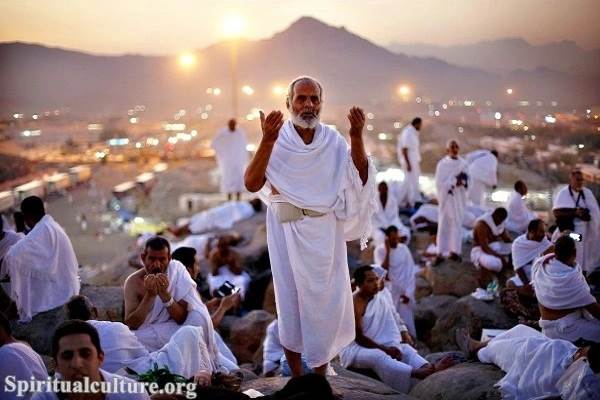Islam’s central text is the Quran, believed by Muslims to be the word of God as revealed to the Prophet Muhammad.
Muslims follow the teachings of the Quran and the Hadith (the sayings and actions of the Prophet) and observe the Five Pillars of Islam: the declaration of faith (Shahada), prayer (Salah), fasting (Sawm), charity (Zakat), and pilgrimage to Mecca (Hajj).
The largest population of Muslims is in Asia, but there are also significant Muslim communities in Africa and the Middle East.
In addition to the Five Pillars, Islamic practices and culture also include other important elements such as the Sunnah (the example and teachings of the Prophet Muhammad), the Hadith (collections of sayings and actions of the Prophet), the Sharia (Islamic law), and the Caliphate (leadership of the Muslim community).

Islam emphasizes the importance of community, justice, equality, and compassion. Muslims strive to live according to the teachings of Islam and to follow the examples set by the Prophet and his companions. Religion also places a strong emphasis on education and the pursuit of knowledge.
Islam spread rapidly throughout the Arabian Peninsula and beyond, reaching as far as Spain in the West and India in the East. Today, it is a global religion with a diverse community of followers, including various ethnic, cultural, and linguistic groups.
It is important to note that the actions and beliefs of a minority of extremists do not represent the majority of the Muslim community, who reject violence and advocate for peace and understanding.


